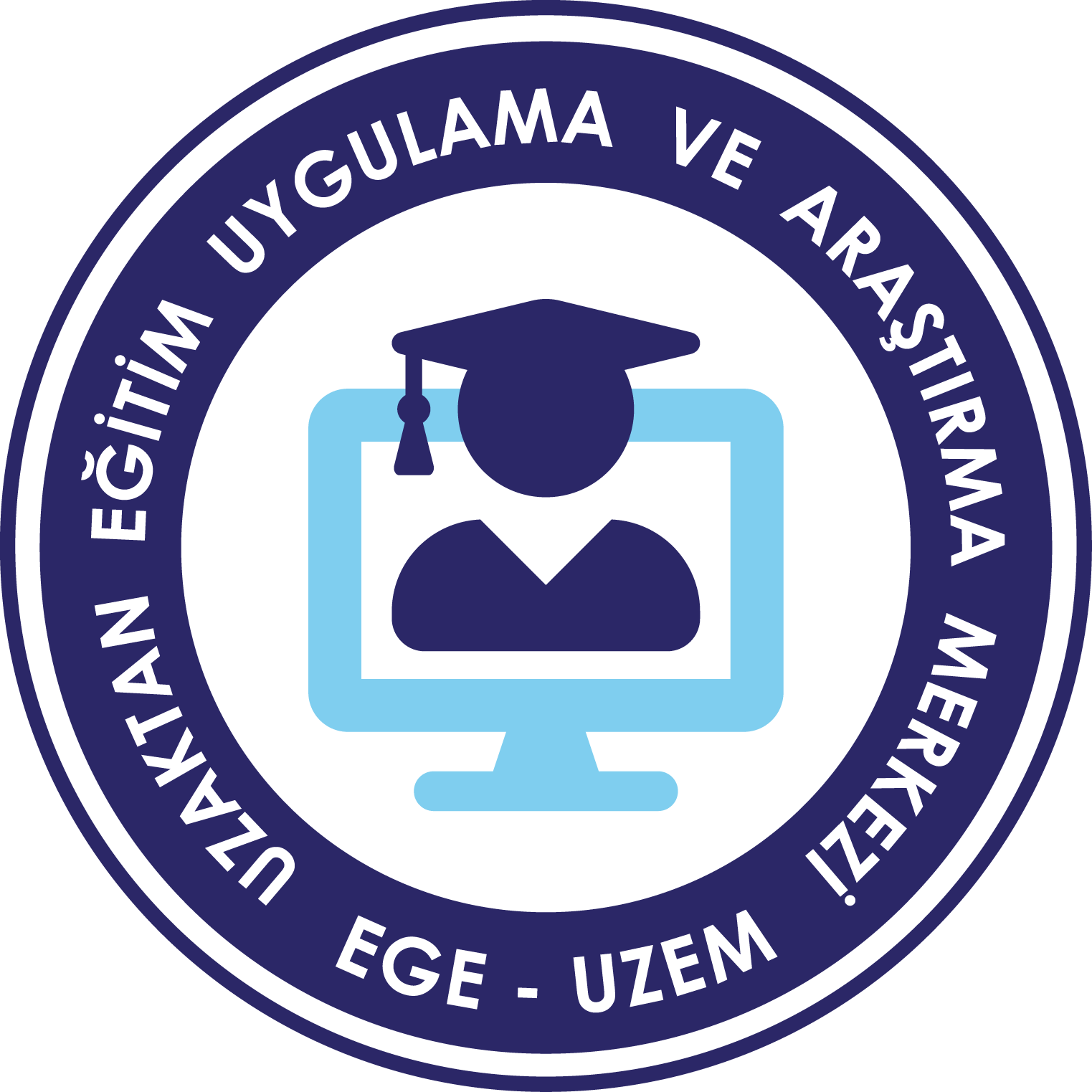Distance Education
It is a form of formal education in which many teaching functions are conducted in an environment where the instructor and the student are distant from each other (Verduin and Clark, 1994). Distance education can be applied in different ways such as time, space and so on:
- Synchronous
- Asynchronous
- Blended learning
Distance education is a suitable education system for everyone because it supports lifelong learning. Distance education eliminates many disadvantages of the formal education system like cost, transportation, physical barriers, working life and execution etc.
Advantages of Distance Education
- Eliminate opportunity inequality
- Supporting lifelong learning
- Supporting international interaction
- Facilitating mass education
- Different training options
- Improving access to learning and teaching opportunities
- Upgrading education and training standards
- Reducing cost in education
- Fast and effective update
- Provide freedom to the learner, remove restrictions
- Giving individuals responsibility for learning
- Providing information from the first source
- Supporting individualization in education
- Supporting existing education systems
- ...
Program Operation
In our distance education system, students can attend their courses synchronously (live) from anywhere with internet connection on the day and time specified in the syllabus. Students can access the archive records and course resources of synchronous courses through OYS (Learning Management System). Students may contact the instructor or friends through the OYS environment. The lecturers will give homework, projects and so on.
Student Rights in Distance Education
Students studying in distance education programs; acquiring student identity, social, cultural and sporting activities and opportunities of the university. Such an opportunity is not offered to the participants participating in the certificate trainings given within our center.
Diploma / Certificate
Students who successfully complete associate, bachelor's and graduate distance education programs have to be included in the diplomas according to YÖK General Assembly Resolution dated 30.03.2017.
The certificate is given by the center to the participants who have successfully completed the certificate programs.
Measurement and Evaluation in Distance Education
Due to the regulation of the Higher Education Council (YÖK) regarding the examinations of distance education courses on the internet, non-face-to-face evaluations cannot exceed 20% of the passing grade. Therefore, the weighted average of the final exam for distance education is 80%. These exams are held face to face with the supervisor at the pre-determined place and time. In-semester evaluation can be done over the internet in line with the decision of the instructor.









